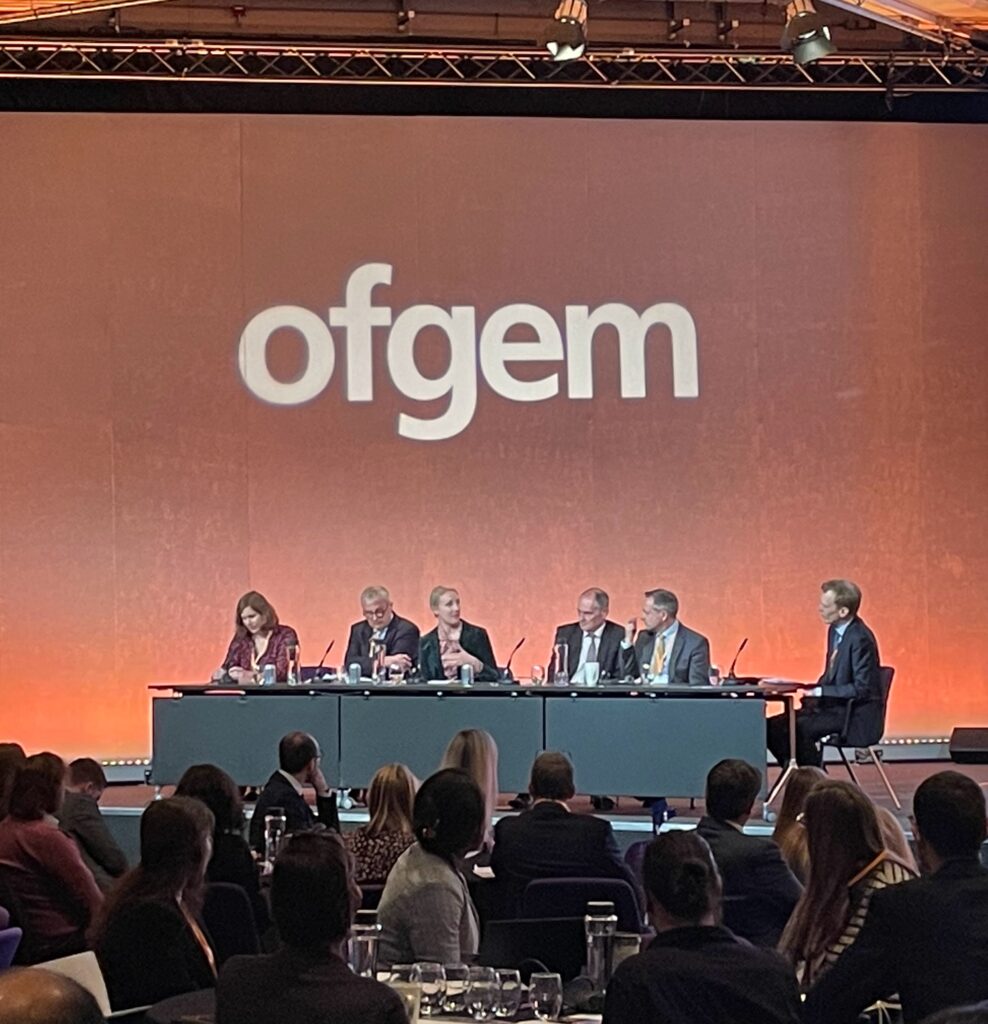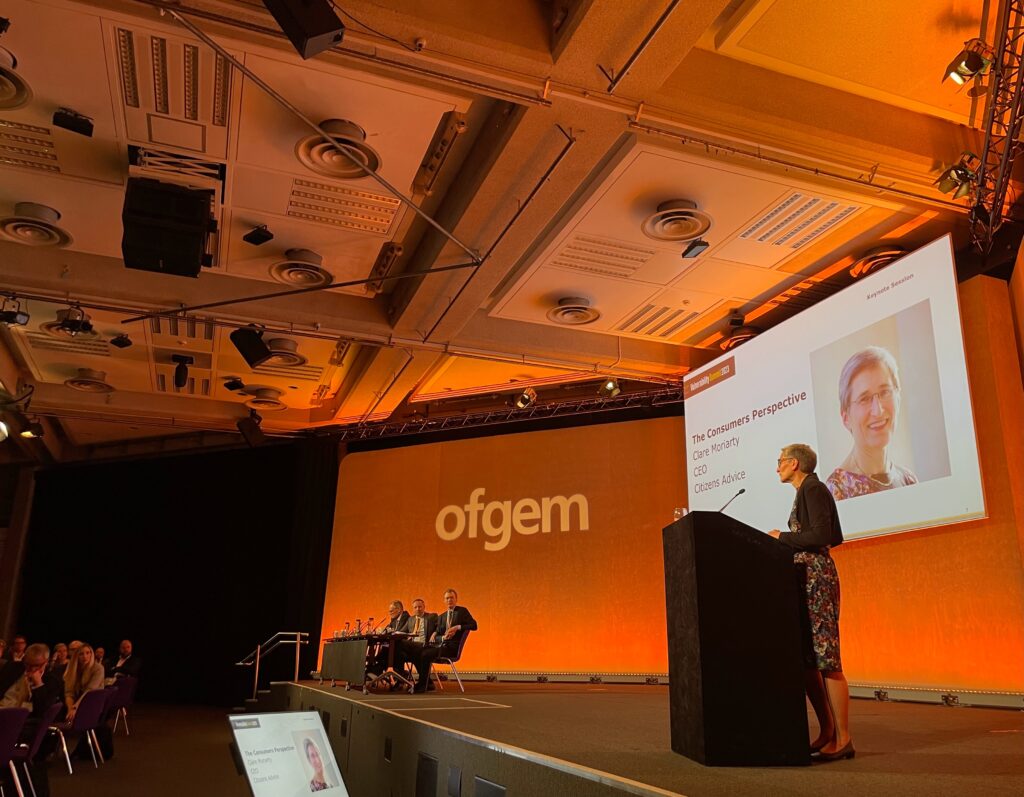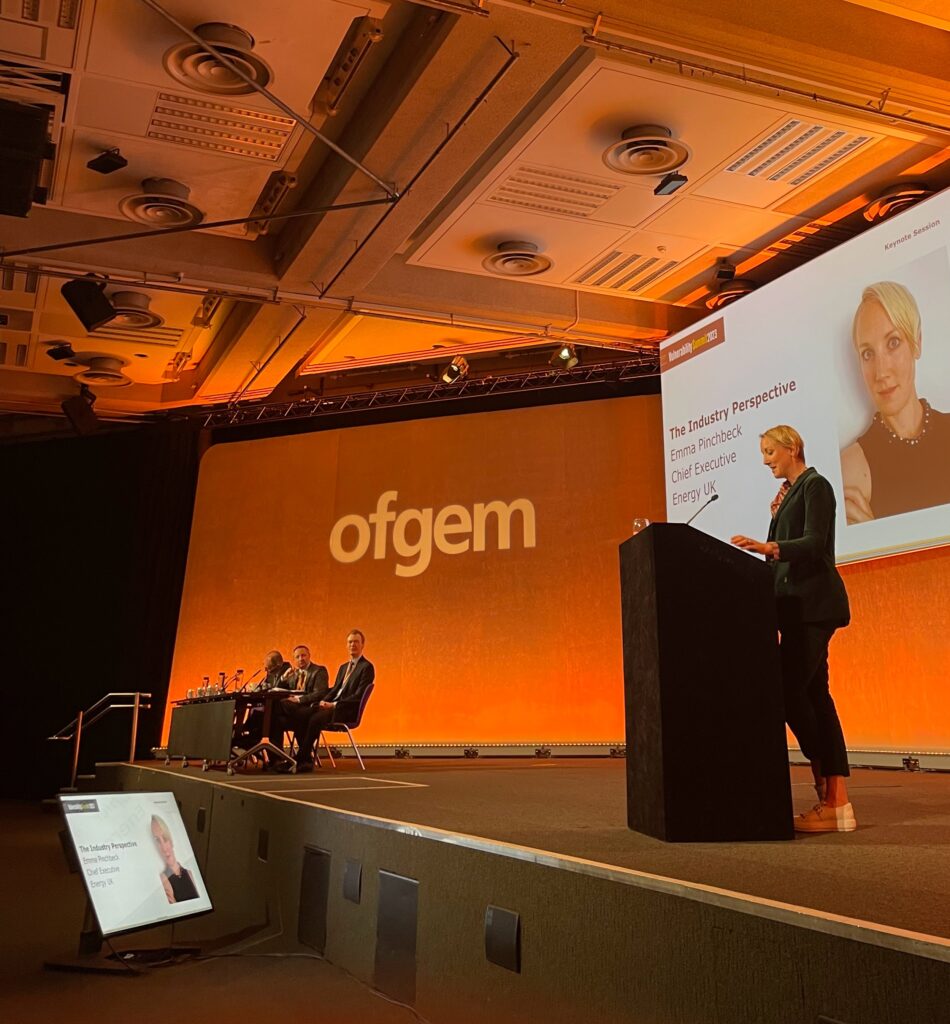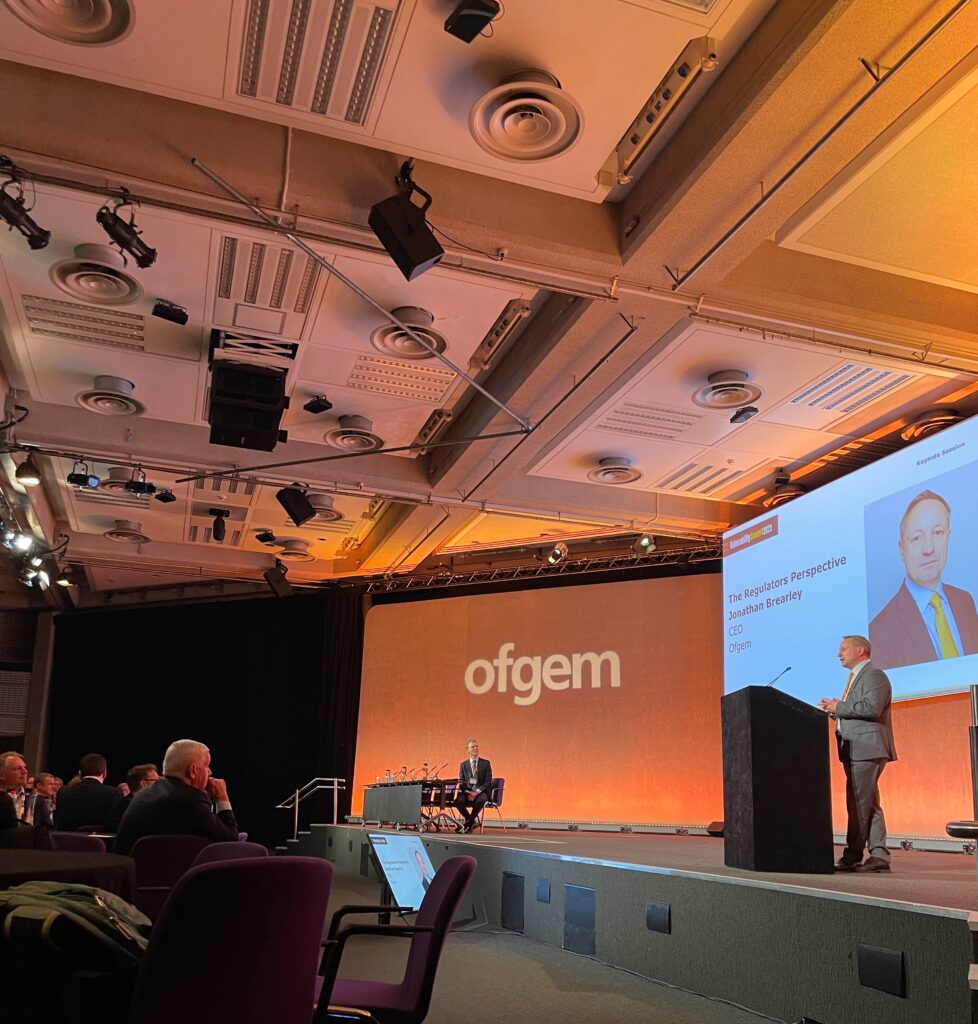Ofgem, the Office of Gas and Electricity Markets, organised a Vulnerability Summit on Monday, 24 April at QEII Centre, London, with the participation of industry leaders to discuss the questions around ensuring energy security for all.
Amanda Solloway Conservative MP, Parliamentary Under Secretary of State (Minister for Energy Consumers and Affordability) at the Department for Energy Security and Net Zero, Iain Coucher, Chair of Ofwat (The Water Services Regulation Authority), Emma Pinchbeck, Energy UK CEO, Dame Clare Moriarty, Citizens Lawrence CEO, Lawrence Slade, Energy Networks Association CEO, and Olivia Black Labour MP for Sheffield Hallam attended the summit besides Ofgem CEO Jonathan Brearley.
Forced PPM installation banned
Amanda Solloway MP gave the opening speech at the summit and said: “We took decisive action to protect all households from rising energy costs this winter.
“We will continue ensure words are put into action to protect those that need it most.
“That includes making sure Ofgem quickly brings forward plans to make new rules around prepayment meters legally enforceable. And I will be continuing to monitor matters closely so vulnerable households are never exposed to this kind of mistreatment again.”

Just recently (on 18 April), all UK household energy suppliers have agreed to a new code of practice, which banned forcibly installing prepayment meters (PPMs) in the homes of people over the age of 85.
Because the use of PPMs causes vulnerable households to end up with no supply when they are not able to afford credit for the meter.
The new code of practice’s tougher rules also mean that energy suppliers and their contractors must make at least 10 attempts to contact a customer and carry out a site welfare visit before a PPM can be installed.
Suppliers will also need to avoid forced installations where a “continuous supply” of energy is needed for health reasons, such as for the terminally ill, as well as for people over 85 years of age.
A new joint registry to identify vulnerable customers
Jonathan Brearley, Ofgem CEO, said: “This new code of practice means for some people PPMs should never be installed, and for high-risk groups their energy needs must be protected with a higher level of consideration.”
Brearley added that they will be turning this Code into clear rules and regulations.

Brearley also called for the creation of a new Priority Services Register system, which would serve as a joint registry for vulnerable customers across various sectors, including energy, water, and potentially local and national government.
He also suggested exploring the possibility of incorporating data from the Department for Work and Pensions and the financial services sector.
The proposed joint register would simplify the process for families with vulnerabilities by allowing them to provide their information once to a single agency, which could then share the data with other relevant entities.
The aim of this initiative would be to provide a reliable source of information that can anticipate, identify, and respond to the needs of vulnerable customers.
Olivia Black MP, “Pleased to speak at the Ofgem vulnerability summit about the urgent need for a single Priority Register for all utility companies & local authorities.
“It is vital we learn the lessons from the Stannington crisis, to make sure no vulnerable person is left without support.”

Clare Moriarty, Citizens Advice CEO, spoke about the need to introduce an energy social tariff to support people on low incomes.
She said: “This voluntary code of practice is a much-needed improvement in the protections people have against the forced installation of a prepayment meter by energy companies.
“It’s now up to suppliers to follow the rules and for Ofgem to crack down quickly on any sign of bad practice. The regulator must also act swiftly to make this voluntary code mandatory.
“For too many the damage has already been done. Suppliers must now check that none of their existing customers are paying for their energy via a prepay meter when it’s not a safe option for them.”
Net Zero requirements overlap with vulnerable households’ needs, according to the industry
Emma Pinchbeck, Energy UK SEO, gave an industry perspective on the challenges facing the energy sector and provided insight into how best to support vulnerable consumers.
She started her speech with the fact that the sector is operating in a crisis and mentioned how global energy systems are at a point of massive transition as the need to decarbonise the economy grows.

She said: “Over the last several years since the start of the pandemic, and then followed by the global gas price crisis, both helping homes and the economy to move away from expensive fossil fuels and the need to find support and services for people who are struggling with the rising cost of living are now absolutely mission critical.
“Times are still stark tough, as Clare [Moriarty] just said, bills are around double what they were 18 months ago and as a result, some of the discussions we have today are going to be really challenging for the industry to hear, and for all of us to take part in. I personally think it’s really important for government, industry and consumer groups to work together to make the energy sector as good as it can be.”
Pinchbeck continued: “14 of the suppliers covering about 90% of the domestic market are also signed up to our independent Vulnerability Commitment which outlines best practice in terms of how vulnerable customers can be identified and supported and that’s on top of government programs, there’s good learning there.”
Pinchbeck, then, went on the topic of energy efficiency and identified the crisis as a chance to implement enhanced ECO schemes from the suppliers: “So insulating homes in Britain and installing heat pumps could benefit the economy by £7 billion per year and create 140,000 new jobs by 2030, but also really help people stay warm through the winter.
“An energy system dominated by modern flexible technologies is also cheaper for all bill payers. So, we need to roll out clean power, grid infrastructure, storage, EV chargers and consumer technologies from EVs to smart metres.
“It is possible to do this faster, by the way; countries across the EU have spectacularly reduced their Russian gas demand this winter by doing exactly that. So lastly, the thing to say is that this current crisis just adds urgency, security and Net Zero are two sides of the same coin and therefore the response to this has to be something like that film that just came out “Everything, Everywhere, All at once”.”
Government support
Jonathan Brearley said that government has offered “unprecedented support in the past year” with the Energy Price Guarantee, “and on top of that, there is already a package in place to support vulnerable customers.”

Jonathan Brearley stated that energy prices are easing “however, it is unlikely prices will return to those seen before 2021.”
He continued: “Even if they do, there will always remain a significant group of vulnerable consumers who struggle to get their needs met from the energy market we have today.
“As Minister Solloway mentioned, the government is now developing a new approach to consumer protection in energy markets.
“We are working to support the development of all options to tackle this. This includes consideration of a social tariff which as the Secretary of State himself said, could be very helpful.”
Energy Bills Support Scheme vouchers should be redeemed before the end of June
Also, the government has today (25 April) urged households on traditional prepayment meters to redeem their Energy Bills Support Scheme (EBSS) vouchers before the scheme closes at the end of June.
While customers have so far claimed £620 million under the scheme, £160 million still remains unclaimed, official data shows.
The vouchers allow eligible customers, often in low-income homes, to access discounts of up to £400 on their energy costs.
The scheme, together with the cap on energy prices, saw the government cover half of a typical household energy bill over the winter.
The government has also extended the Energy Price Guarantee to help customers save money.
(Source: Ofgem)
(Images: Twitter)










